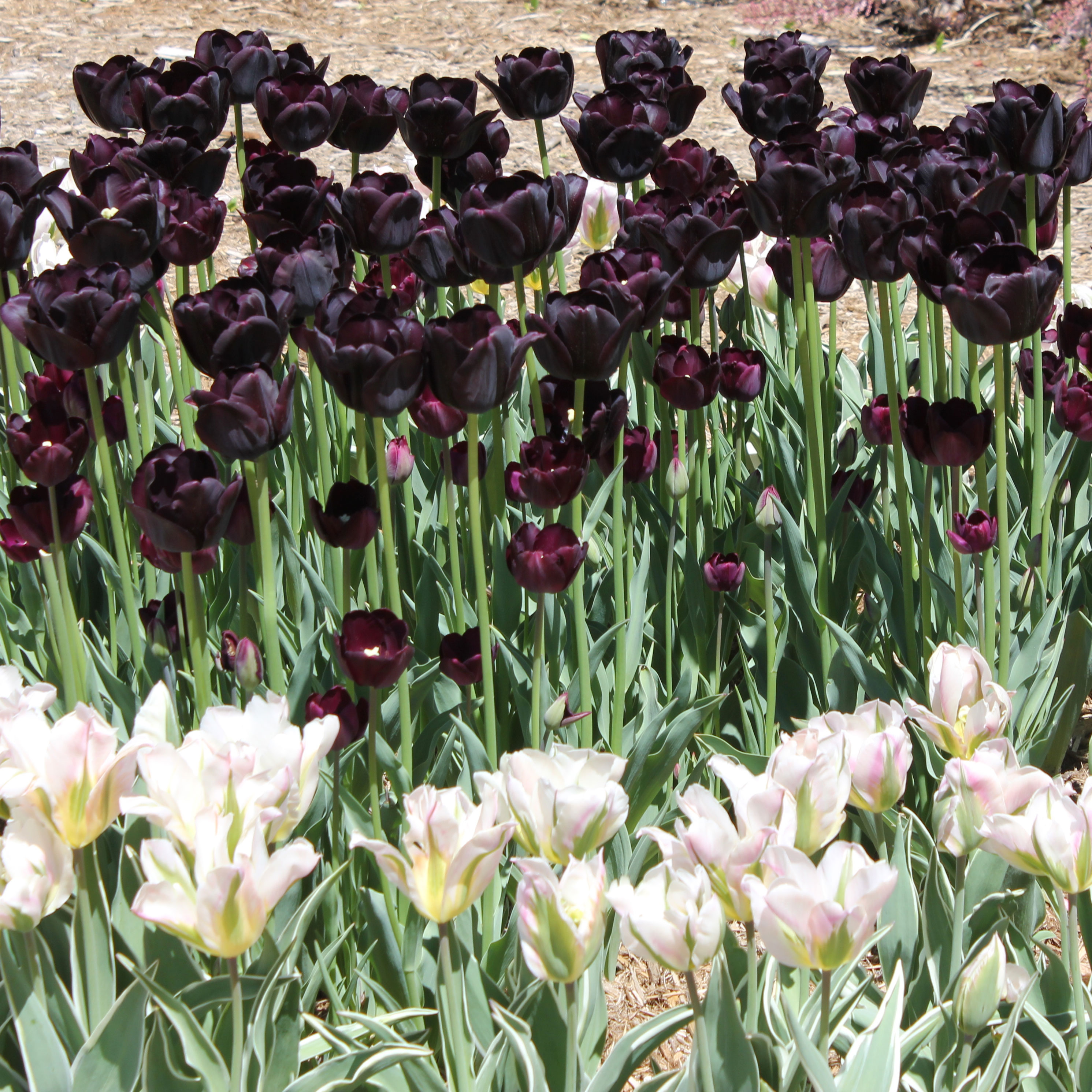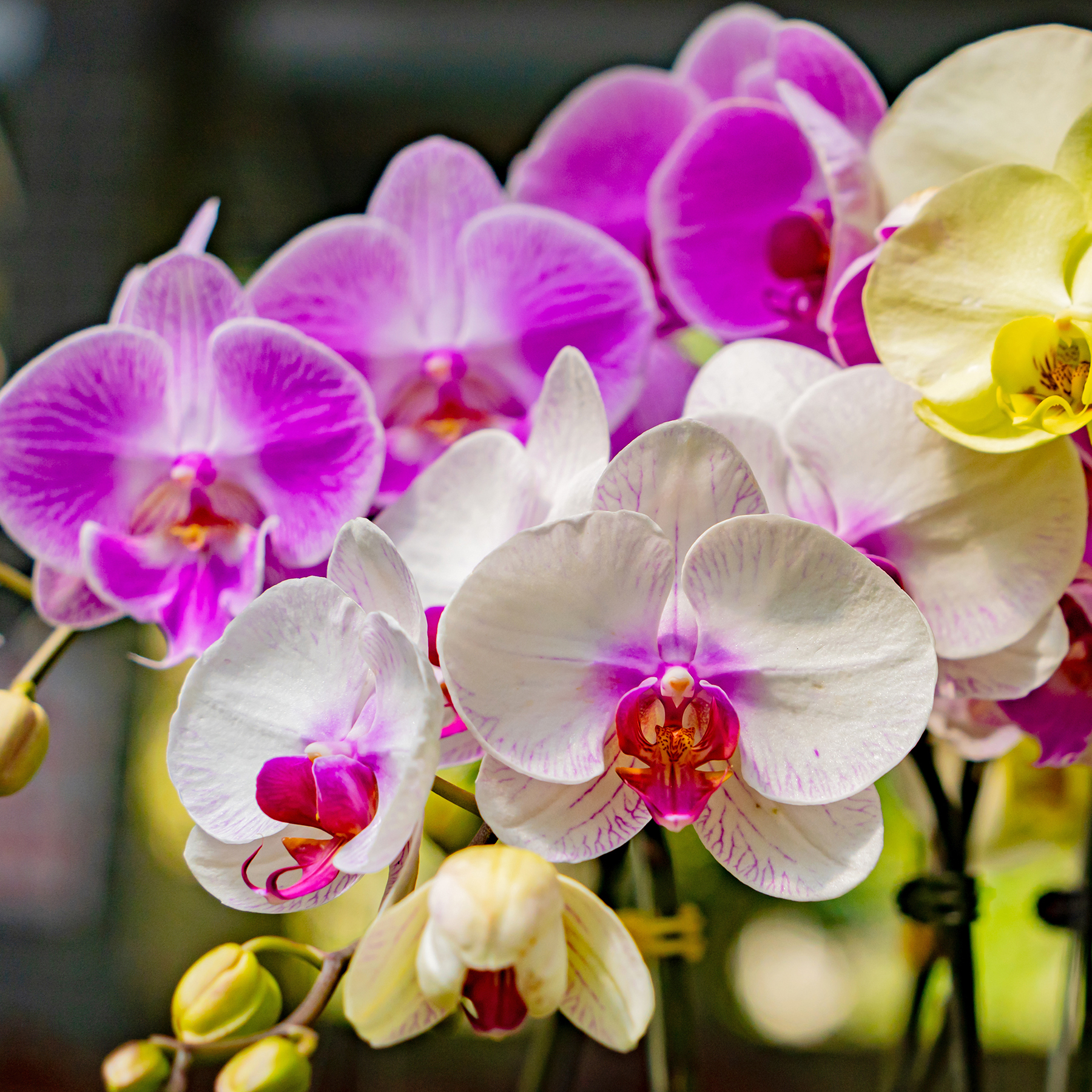Pros And Cons To Fruit Tree Growing At Home
Not everyone likes to grow their own food in the backyard, but those that do usually consider putting in fruit trees. Do the benefits of growing fruit trees outweigh the detriments? Some gardeners wouldn't dream of doing without that apple, cherry or peach tree, while others hesitate. We're going to make that decision easier for you to decide by laying out the reasons to grow fruit trees as well as any problems with growing fruit trees in the landscape.
Fruit Tree Growing Pros
(Teo's viewpoint) Most people know I have a special fondness for all things trees, and planting fruit trees is even better. Here are my top reasons to grow fruit trees:
- Delicious fruit - Have you ever tasted a crunchy apple or a juicy peach plucked off a backyard tree? If so, you are likely to understand the core benefits of growing fruit trees in your garden: the utterly delicious fruit. Even a dwarf tree that fits in any garden can produce a hundred pounds of fruit. Every piece of fruit you pluck from a tree should be ripe and ready to be eaten the same day, even the same hour, it is picked. Fruit from the grocery store may have spent weeks in transit and you never know what was sprayed on it to keep it looking good or keep the pests away.
- Priceless spring show - People flock across the country to see cherry blossoms blooming in the nation's capital. You can have the same fragrant frothy flowers in your own backyard. Apple blossoms, cherry blossoms and lemon blossoms are known to be gorgeous, but so are nectarine, persimmon or apricot blooms. Fruit trees in spring are a delight for the senses. They are total eye candy, adding color and texture in early spring. At the same time, they scent your backyard with sweet fragrance, calling in bees and even butterflies.
- Summer shade - Another fruit tree growing pro is the shade offered by their leafy branches. Most, but not all, fruit trees are deciduous, meaning that the shade they offer is during the summer season. Winter branches are bare. That works well for most of us, since we generally look for shade from summer's sun, not in winter. If one of the reasons you are getting a fruit tree is for shade, consider figs with their big leaves. Need winter shade as well? Opt for an evergreen citrus.
Cons of Fruit Tree Growing
(Amy's viewpoint) You love fresh fruit, so growing your own sounds like a good idea, or does it? Growing your own peas is one thing, but nurturing an apple tree into healthy fruiting is quite another. In fact, there are many reasons not to plant fruit trees. I hardly know where to begin. Sure, even a pessimist-like me can come up with good reasons to grow fruit, but they're only valid on paper. The actual time-consuming practice and cost of growing healthy fruit isn't for the faint of heart. Let's delve into my problems with growing fruit trees:
- Fairly expensive - Have you ever priced a fruit tree? It isn't remotely equivalent, nor should it be, to buying a packet of veggie seeds. It takes time and money for that little sapling to get to the nursery waiting for yours truly to take it home. The cost for a single tree is one thing to consider but how about buying two? Many fruit trees are not self-compatible and you need two for successful pollination.
- Can't grow them everywhere - The initial cost is one thing, but how about choosing what type of fruit tree to grow. You might love oranges but live in USDA zone 6, which means I see no freshly squeezed juice in your future. It sounds heavenly to grow your favorite fruit but, unfortunately, it might not be suited to your growing region.
- Require lots of space - Residing in the wrong region is one of the cons to fruit tree growing, but let's not forget about space. While many fruit trees are available in dwarf or semi-dwarf varieties, not all are and even the smaller trees need significant room to grow. Plus, they will eventually shade areas of the garden you may not wish to be shaded.
- Maintenance hounds - Maintenance is at a premium when growing fruit trees. They are often susceptible to a variety of pests and diseases, all of which need to be dealt with. This often involves spraying the tree, a messy, expensive chore. Fruit trees need to be pruned from the outset to shape them into well-aerated, easy-to-harvest shapes and remove dead and diseased limbs, yet another chore not for the acrophobic (those afraid of heights). Dropped fruit and fall leaf drop can create quite a mess too. As will the birds who swoop in to feast on the fruits of your labor. Yes, you can cover the tree with netting"¦just add that to the cost of pruning tools, ladders, fertilizer, pesticides, irrigation, etc.
- Time consuming - As if the above weren't enough reasons not to plant fruit trees, consider the time needed to put into the tree. Time is money. Lost time is never found again, and time waits for no one. There's a reason there are so many adages regarding time. Once it's gone, it's gone. And a last little nugget, many trees can take YEARS before they are of fruit bearing age.
A fruit tree in the backyard provides many pounds of fresh fruit with that straight-off-the-tree taste, as well as spring blossoms and summer shade. What's not to love? With all of the sizes, varieties and types of fruit trees available, almost everyone can find a tree that works perfectly in your plot.
That being said, it's well worth considering Amy's pitfalls to growing fruit trees BEFORE you jump right in. As long as you know what you're getting into and are willing to put in the extra cost and time, fruit trees in the landscape can be quite rewarding.
Gardening tips, videos, info and more delivered right to your inbox!
Sign up for the Gardening Know How newsletter today and receive a free copy of our e-book "How to Grow Delicious Tomatoes".

Amy Grant has been gardening for 30 years and writing for 15. A professional chef and caterer, Amy's area of expertise is culinary gardening.
-
 Moody Blooms For Spring: 8 Types Of Black Flowers To Add Drama To Spring Displays
Moody Blooms For Spring: 8 Types Of Black Flowers To Add Drama To Spring DisplaysFrom midnight burgundies to inky violets, several types of black flowers can enrich and embolden a spring display. Try these brooding bloomers for a moody garden
By Tonya Barnett
-
 My Homemade Orchid Fertilizer Always Brings More Blooms – Here's The Easy Recipe That Transforms Plants
My Homemade Orchid Fertilizer Always Brings More Blooms – Here's The Easy Recipe That Transforms PlantsScientist-turned-gardener Mary Ellen Ellis shares her tried-and-tested DIY orchid fertilizer recipe, plus more ingredients to try for healthy, happy plants.
By Mary Ellen Ellis